China was home to 340 unicorns at the end of last year, or start-ups founded after 2000 with valuations of more than $1 billion that are yet to be listed on the stock market. That was the second-largest number after the U.S., according to the Global Unicorn Index 2024 issued by the Hurun Research Institute in Guangzhou, South China's Guangdong Province, on Tuesday.
Last year, China minted on average more than one new unicorn enterprise per week, according to the institute.
The number of unicorns in China was up by 24 compared with 2022, and the group was led by companies in the sectors of artificial intelligence (AI), semiconductors and new energy.
Industry observers said that the birth of more unicorns in China is in line with its economic plan to create new quality productive forces, and bodes well for the growth of the world's second-largest economy.
"The increase in the number of Chinese unicorns and their share of global unicorns reflects the dynamism and technological strength of the Chinese economy," Wang Peng, an associate research fellow at the Beijing Academy of Social Sciences, told the Global Times on Tuesday.
Wang noted that Chinese unicorns are mainly involved in high-tech industries, all of which are the key drivers of today's technological development. This indicates that the country's technological development and application in these areas have reached world advanced levels.
Chinese internet platform ByteDance, owner of video-sharing app Douyin and TikTok, remains the world's most valuable unicorn despite U.S. government's threat of a ban, with a valuation of about $220 billion.
Other Chinese start-ups in the top10 list include Alibaba's financial arm Ant Group, fast fashion retailer Shein and Tencent's digital bank WeBank.
Meanwhile, 18 Chinese unicorns that appeared in the 2022 Hurun list held IPOs, far ahead of five in the U.S. and six others from the rest of the world.
Wang said that the Chinese government's strong support for innovation and entrepreneurship has provided a favourable policy environment and financial support. In addition, the huge demand of the Chinese market provides vast space and opportunities for the development of unicorn companies.
A total of 1,453 unicorns were minted globally last year. The U.S. led the list with 703 unicorns, up 37 from 2022, while India was third with 67 unicorns, down one from 2022.
The total value of the world's unicorns has reached $5 trillion, equivalent to last year's GDP of Japan.
"The world can now be split into three when it comes to unicorns: the U.S., China and the 'Rest of the World.' The U.S. has half of the world's known unicorns, led by software service, fintech and AI, while China accounts for one-quarter led by AI, semiconductors and new energy.
"The rest of the world has the other quarter, led by fintech and e-commerce," Hurun Report Chairman and Chief Researcher Rupert Hoogewerf was quoted as saying.
He said that 2023 was the year of AI, with OpenAI leading the way with its ground-breaking chatbot ChatGPT and text-to-video AI generator Sora. In China, one-year-old Beijing-based Moonshot AI and two-year-old Shanghai-based MiniMax are leading the way for innovating ChatGPT-like products.
Wang said that Chinese unicorns will continue to shine in sectors including AI, new energy and biotechnology, injecting new dynamism into the development of the global economy.











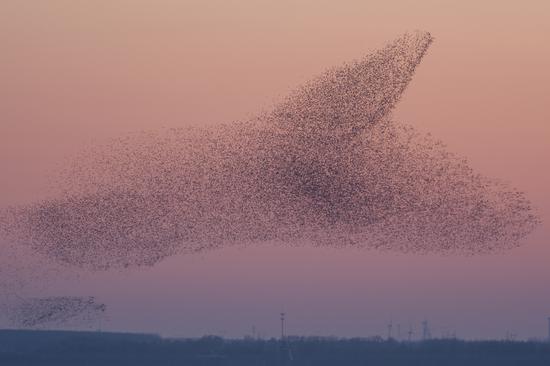




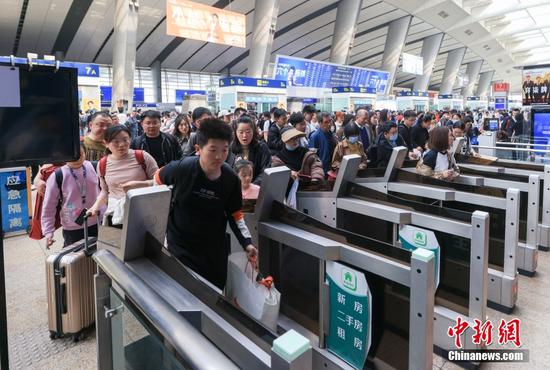
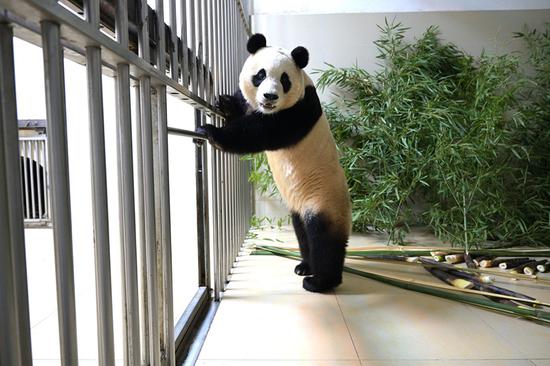
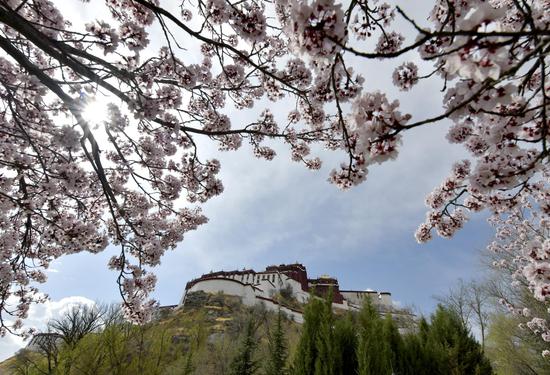



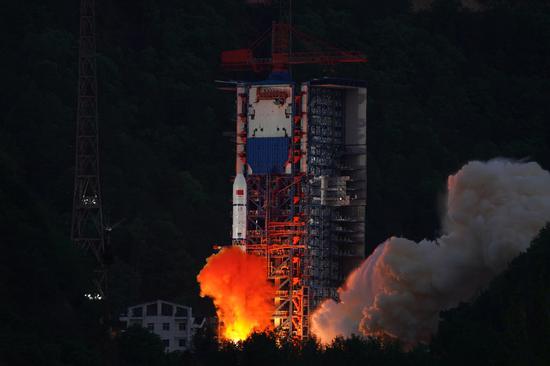

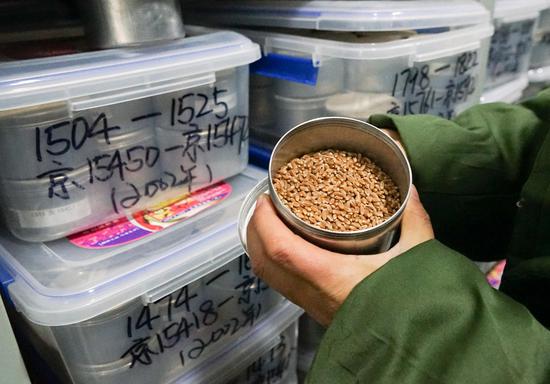
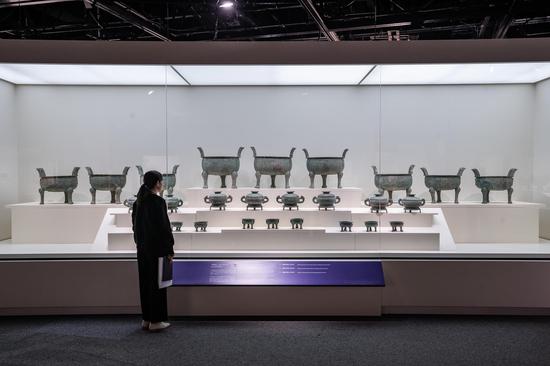



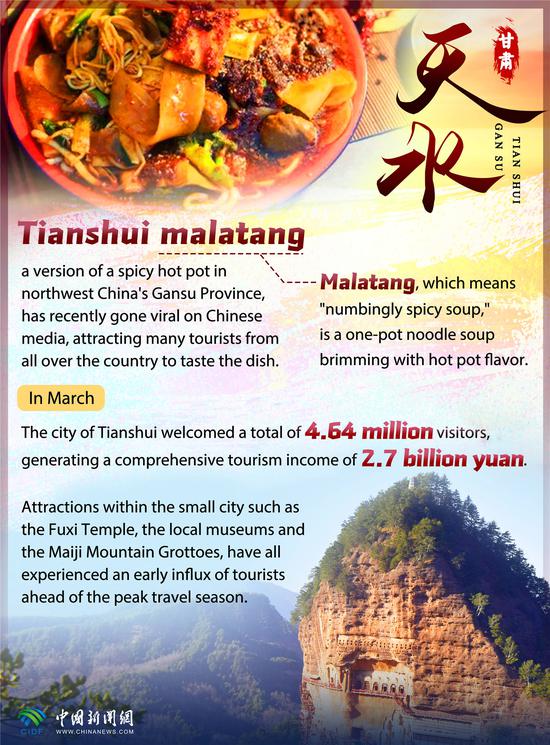




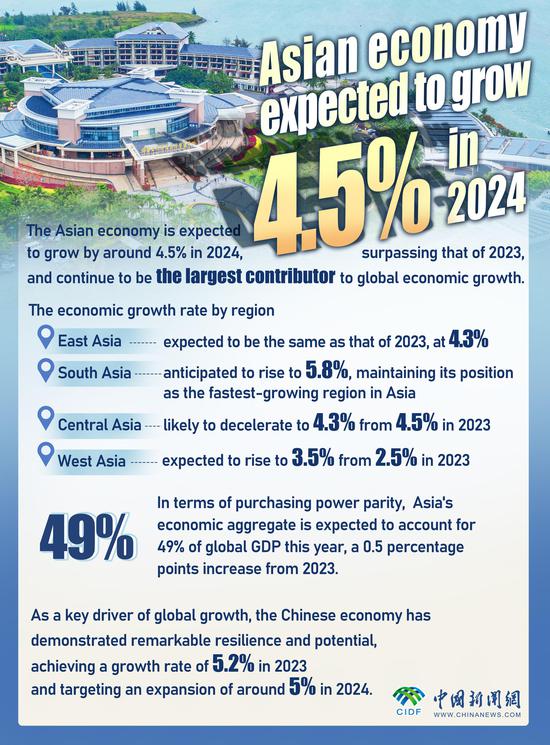
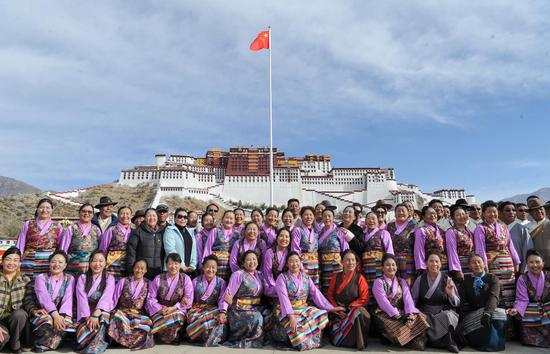
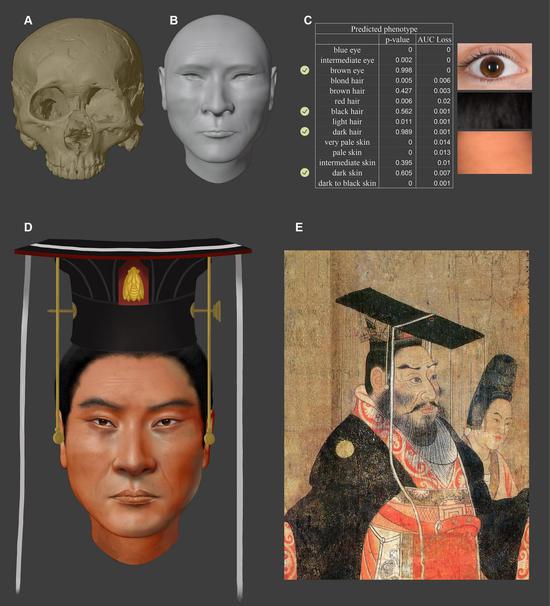



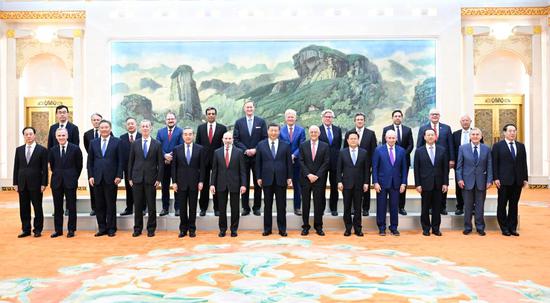
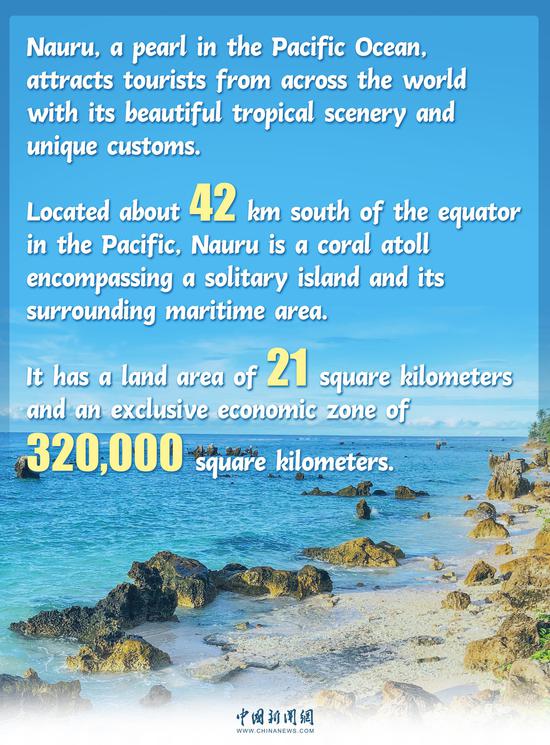
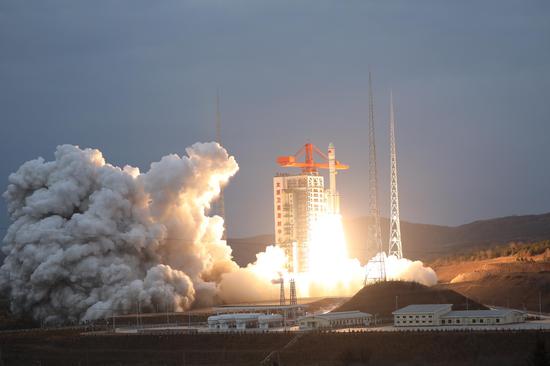

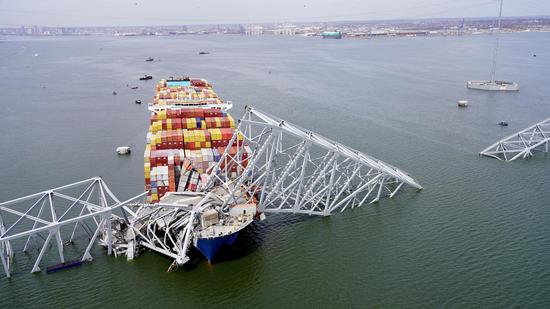





 京公网安备 11010202009201号
京公网安备 11010202009201号